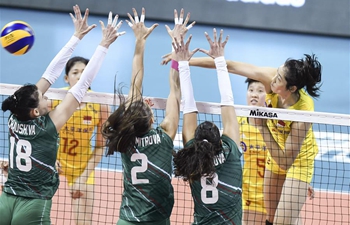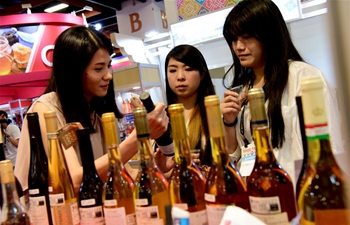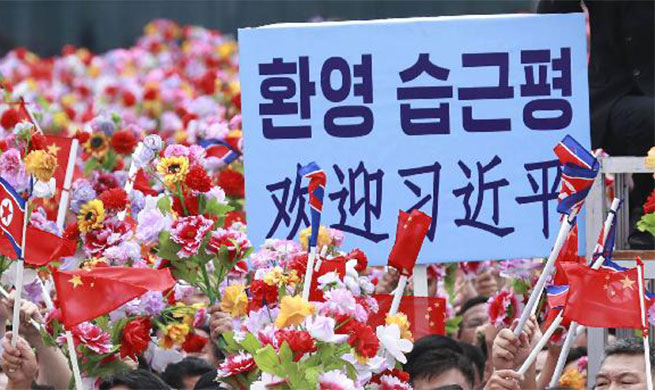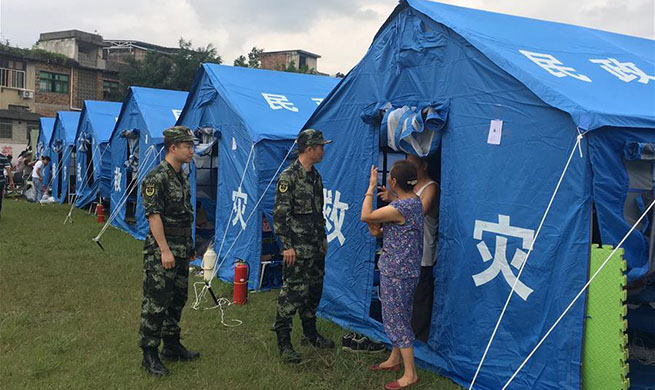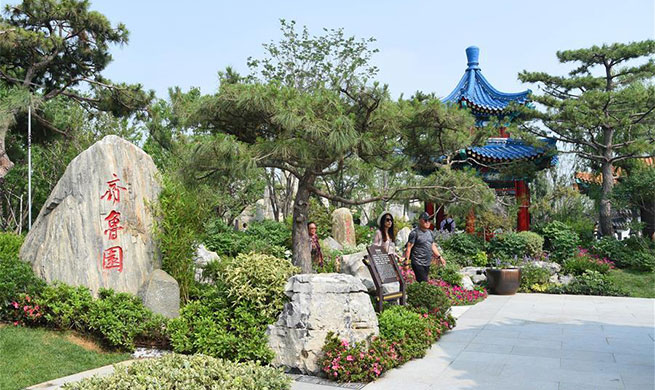by Eric J. Lyman
ROME, June 20 (Xinhua) -- The number of Chinese students studying in Italy is on the rise, and the students who arrive are better prepared than ever before, according to Italian educators who work with them.
Though the official overall figures on the number of Chinese student arrivals are not available, all evidence has pointed to a marked increase in the number of Chinese students, as more students increasingly turn towards study programs in Europe rather than in the United States.
Officials from the University of Bologna, Polytechnic University in Milan, Rome's LUISS University, and others all told Xinhua that the number of Chinese students enrolled has at least doubled and in some cases has increased as much as four-fold over the last decade.
"Comprehensively, there is no doubt that the number of Chinese students in Italy is increasing every year," Francesco Boggio Ferraris, director of the Permanent Training School of the Italy-China Foundation in Milan, said in an interview. "Some types of programs grow faster than others, but the overall trend is for numbers to increase."
The Italy-China Foundation oversees both the Marco Polo Program for scientific and humanistic studies and the Turandot Program for artistic and cultural studies. Boggio Ferraris said both have seen growth, though the Turandot Program's growth has been more dramatic. He also said that on average, the overall preparedness of students is improving.
"Until a few years ago, a Chinese student could come to Italy without any specific qualifications," Boggio Ferraris said. "Today, they have strong proficiencies, including a score of at least 400 points out of 750 on the very challenging national Gaokao exams."
Gaokao, short for the National College Entrance Examination, is an academic examination held annually in China. An estimated 10 million students sat the critical exam needed to pursue their higher education in this year's Gaokao held earlier June.
Antonio Fiori, delegate for the rector of the University of Bologna focusing on relations with Asia, agreed.
"More and more, Chinese students who arrive in Italy are able to immediately participate in the programs and those who are not ready to participate are able to catch up very quickly," Fiori told Xinhua.
But the Italian educators also warned of the challenges facing Chinese students, mostly related to integration and cultural issues, despite the increase in number and improvement in their preparedness.
"The culture shock for a young undergraduate student who may not have traveled outside China or Asia and who will come to Italy to live and to study is a very big factor," Andrea Prencipe, rector of Rome's LUISS University, said in an interview. "The students are determined and we do what we can to help, with special programs, but it is something the students have to face."
Prencipe noted that most coursework is in English, though Italian language skills remain important for integration into the community.
According to Giuliano Noci, vice-rector of the Polytechnic University in Milan, the best thing Chinese students can do while in Italy is to focus on integration. He said that while Italian universities focus on problem solving rather than memorization as in China, bright students are usually able to make the switch. The cultural differences can represent a larger problem.
"Students will not get the most out of the programs if they isolate themselves and deal only with fellow Chinese students," Noci told Xinhua. "If I would give only one piece of advice to a Chinese student arriving in Italy it would be to integrate into the university community."



